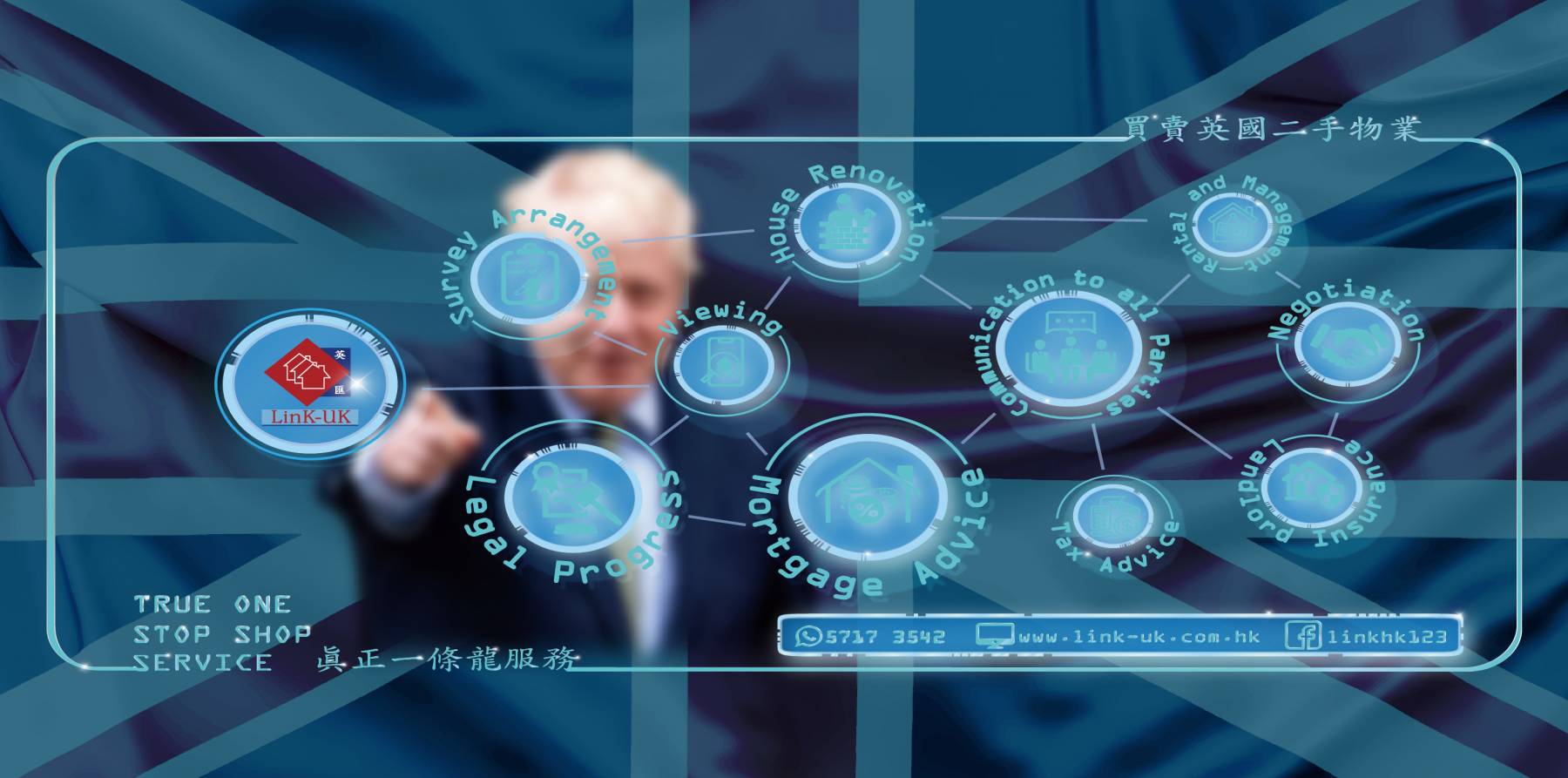 2 March 2017
2 March 2017
By Will Dunn

The architect of the “Northern powerhouse” on why we should start thinking about the TransPennine Express like the London Underground.
One of the chairs in George Osborne’s office has money on it. Not a lot of money – it looks to be about £2.30 – but the sight of it stops us before we sit down. “Must have fallen out of someone’s pocket,” says Osborne before, ever the taxman, he scoops up the coins and transfers them to a nearby table. It is very difficult to watch the man who was until June in charge of the world’s fourth-largest economy fiddling with two quid in coins without observing that the former Chancellor has been forced, just lately, to deal with a spectacular amount of change.
“When I left Downing Street in July,” he says, “I had a choice about what I wanted to do with my political energy. Of all the initiatives that I did in government, I don’t think anything has caught on and developed a life of its own as much as the Northern Powerhouse.”
Osborne is a northern MP, of course, albeit for a constituency in which former members of the Bullingdon Club are likely to feel at home. A Barclays survey in 2003 found that Tatton was the wealthiest area in England in terms of disposable income. The constituency’s largest town, Wilmslow, has the UK’s busiest Aston Martin dealership and more millionaires per capita than anywhere in the UK outside of Mayfair. Alderley Edge has an average house price of £589,000. On the other side of the Peak District is Barnsley, where the average house price is £126,000.
“It’s a very comfortable part of the world,” Osborne concedes, “because people are in work, and the area is on the up, and there is a beautiful natural environment around it. It’s an interesting community, because there’s also a constant pressure on things like housing, making sure people can afford to live in the area they grew up in. There are serious pockets of deprivation in the constituency. In many ways, I think it’s very representative of Middle Britain.”
But does Tatton represent the North? “The North is not one homogenous community. You can go from the wildest, remotest countryside, the Yorkshire Dales and the North Yorkshire Moors, to deprived inner-city communities in Liverpool, to some of the most successful manufacturing centres and financial centres in Britain, whether it’s hedge funds in Leeds or aerospace factories in Lancashire. The North is not different from any other part of the country, except that it does have a shared feeling that it is the north of England, a shared geographic identity, and a shared connection to an industrial past. And I think, a shared sense that sometimes it has been neglected, and London dominates – that feeling, by the way, you would get in other parts of Britain as well, but it’s one of the things I’m trying to address.”
Are there not more important divisions in British society than north and south? The gap between rich and poor increased dramatically under both Labour and Conservative governments, with incomes rising by 64 per cent for the top fifth of earners while the bottom fifth lost 57 per cent. The intergenerational gap, too, is becoming a chasm; now, for the first time in British history, a pension pays more than a job.
Osborne says it is “a trap… to say that there are no really serious geographic differences in Britain, [that] it’s all between deprived communities and better-off communities. I think then, you miss a broader point, which is, in the modern global economy, very big cities are becoming absolutely dominant. That’s not necessarily what you would have expected. You might have thought that the internet and the ability to work from home, cities would become less important. That’s not the evidence – all around the world, growth is clustering around big cities. People want to be together, spark off each other, create innovation together. And Britain only has one global city – London. It is probably the most successful of all the global cities, and I think it’s of enormous benefit to the whole country that, located on these islands is this great global city, but it does create quite an imbalance in the economy, which obviously has been growing over the decades.”

